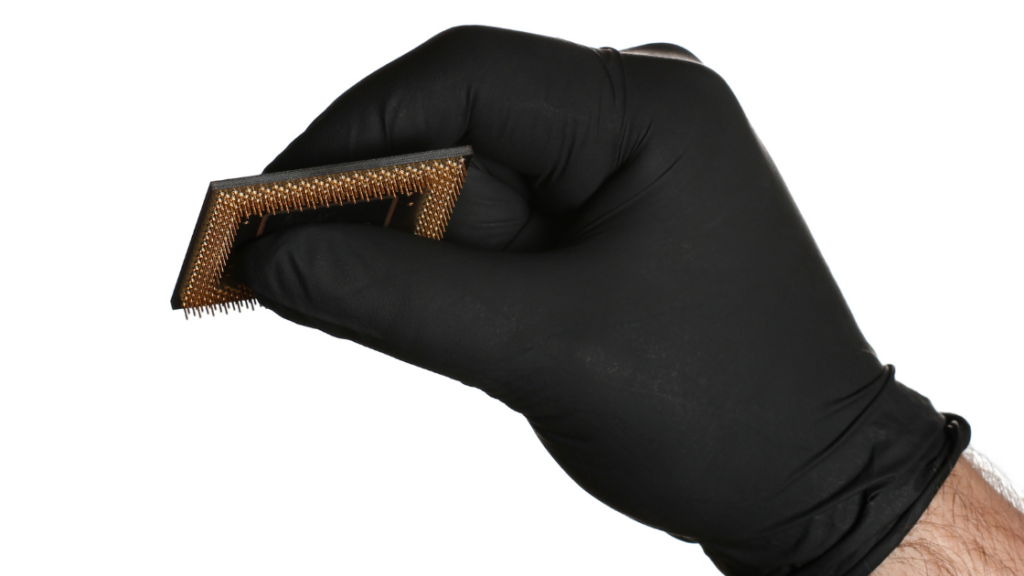America’s automotive industry has been rocked in recent weeks by a global shortage of computer chips. The problem has become so serious that GM has halted operations at three plants and Ford has curbed production of its big moneymaker, the F-150. Each company could lose several billion dollars in revenue this year.
The automakers are scrambling to locate chip supplies and the Biden administration has sprung into action to assist them. What’s become clear from the shortage is that U.S. manufacturers are extremely vulnerable to disruptions in the production and allocation of semiconductors, which now undergird the entire U.S. economy.
[Marc Fasteau | February 2021 | The Detroit News]
Thankfully, recognition of this dangerous foreign dependency is growing. The CHIPS for America Act (CHIPS), introduced in the last Congress with bipartisan sponsorship, and the recently enacted National Defense Authorization Act (NDAA) authorize federal support for U.S.-based semiconductor manufacturing facilities. However, the funding proposed is small and uncoordinated compared to foreign efforts. Specific technological goals are also missing, e.g., surpassing the 3 nanometer (nm) chips soon arriving from TSMC and Samsung.
As a partial solution, Arizona and the federal government in 2020 recruited TSMC to build a new $12 billion fab in Phoenix, based on its current best technology, 5 nm chips. Arizona will provide $205 million in subsidies. TSMC also wants federal subsidies. But U.S. investment in the Arizona fab will not lift U.S. chip manufacturing to a global leadership position or even to parity with TSMC and Samsung — or keep the U.S. ahead of China for long. TSMC will still make its highest-value chips at home, producing world-leading 3 nm chips in Taiwan two years before the Arizona plant starts producing 5 nm chips.
Given the massive investments by commercial and military rivals including China, the Biden administration must expand the proposed NDAA and CHIPS efforts to build back American chip manufacturing to a world-leading level. A consortium consisting of the federal government, fabless chip-design companies, and existing foundries — perhaps akin to the original 1987 Sematech effort — should fund the research required to achieve state-of-the-art manufacturing processes.
And the U.S. government should also provide a significant part of the capital to build and equip leading-edge fabs, perhaps with some initial equity ownership by government. To achieve critical mass, federal investment will have to be concentrated on only a few fabs due to the high costs involved.
This effort must be complemented by a wide array of other U.S.-manufacturing friendly policies, including government procurement contracts, phased-in Buy American requirements and exchange rate management policies that price the dollar competitively, inter alia.
Time is short. Anything less than a Biden administration all-of-government effort will doom the U.S. to a secondary role in the semiconductor industry it created and damage U.S. prospects in other high-value industries.
Marc Fasteau is the founder and former chairman of American Strategic Insurance. He is currently writing a book on formulating an industrial policy for the United States.
Read the original article here.













